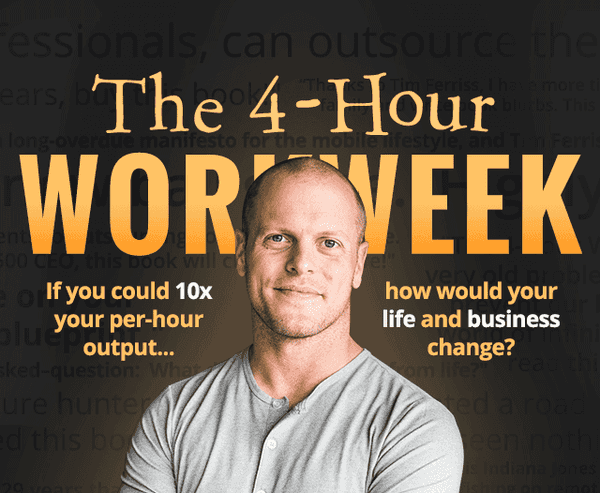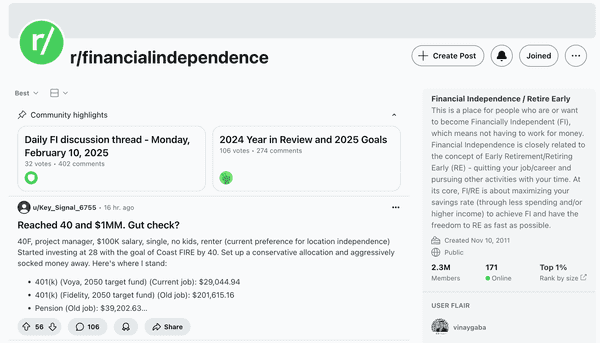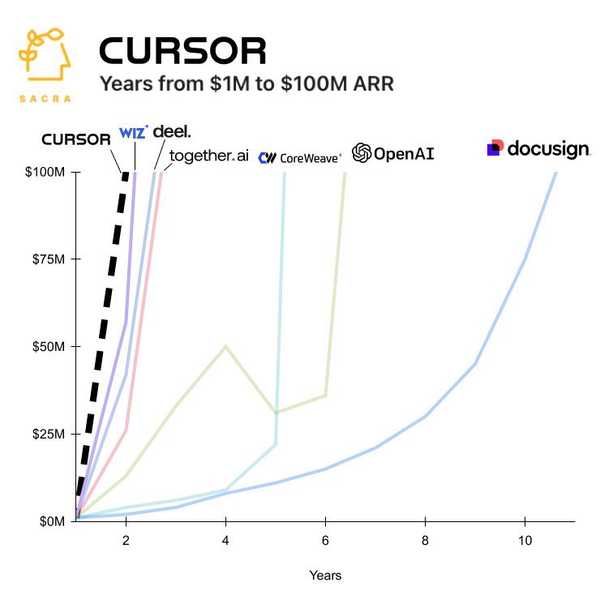I sometimes wonder if we realize how much the internet has changed our sense of what's possible. Before the web, your role models were whoever lived nearby plus a few you heard about in the news. Sure, we had books and magazines, but they usually presented success stories at a distance—like reading about a famous entrepreneur or athlete you’d never meet. That meant if you grew up in a place where no one did anything interesting, you’d probably conclude you couldn’t do anything interesting either. People who lacked local mentors—and there were a lot of them—just assumed certain successes were impossible.
Then the internet arrived and quietly upended that. Suddenly, it wasn’t so hard to discover someone out there with your exact interests, doing the very thing you never thought you'd be able to do. Maybe it was a programmer like patio11 sharing his revenue numbers for his little business called Bingo Card Creator. Maybe it was a home-organizing consultant like Marie Kondo demonstrating a simple folding method that went on to spark a global decluttering movement. Before, you'd only see stories like that if a publisher thought they'd sell. Now, they're just out there, waiting for whoever needs them.
 Marie Kondo went on to become a global phenomenon after her Netflix show
Marie Kondo went on to become a global phenomenon after her Netflix show
What makes these internet-era role models powerful is their realness. They’re not curated celebrities with immaculate PR. They're people who show their work in progress. You can read about their stumbles, see their early prototypes, even catch their late-night tweets about being unsure. That transparency changes the way we perceive success. It stops looking like magic and starts looking like something you might replicate—if you’re willing to do the work.
But oddly, I rarely hear people discuss the internet’s greatest power: its ability to democratize role models. I suspect this effect is still underrated. We talk about trolls, misinformation, and endless scrolling, but we forget that it’s also the single best way to see what’s possible. It’s a strange thing: the internet’s greatest gift may be the access it gives us to people who prove our ambitions aren’t crazy. And that’s a gift that doesn't care where you were born, or how well-connected you are. Seeing someone who overcame circumstances like yours can be life-changing—and sometimes, that’s all it takes to get started.
I call these little pockets of inspiration “pocket revolutions”. They’re small movements sparked by people who just go and build something, and then share the process openly. Consider Tim Ferriss, who launched a quiet revolution with The 4-Hour Workweek, showing that you could design your life around fewer working hours and more personal freedom. Instead of a standard career path, he revealed how to automate tasks, outsource drudgery, and build a flexible, location-independent income. It wasn’t just theory—Ferriss documented his experiments in detail and interviewed countless entrepreneurs, demystifying the idea that a business must hinge on constant oversight. He sparked an entire wave of digital nomads, remote workers, and creative entrepreneurs who realized you can break free from the nine-to-five without a huge investment or anyone’s permission. That, in itself, became a mini revolution, proving that you can rethink your work and life once you see a model for doing it successfully.
 Tim Ferriss's 4-Hour Workweek has sold over 2 million copies
Tim Ferriss's 4-Hour Workweek has sold over 2 million copies
In personal finance, there's Mr. Money Mustache—an everyday guy who retired in his 30s through extreme saving and frugal living, then chronicled the entire process online. He showed how even a modest income could be leveraged into early retirement if you questioned the assumptions about what you “need” to spend. In doing so, he inspired a whole new subculture called the FIRE (Financial Independence, Retire Early) movement. Seeing someone achieve financial freedom by shunning consumerist norms was all it took for thousands of people to realize they could, too.
 The FIRE subreddit has 2.3 Million members that subscribe to this movement
The FIRE subreddit has 2.3 Million members that subscribe to this movement
A more recent example is this 8 year old girl who showed the world how she leverages Cursor to build her Harry Potter themed web app. Not only did millions of people watch her video, she went on to give talks about it and showed both kids and grown up how AI is changing the game. I have no way to conclusively prove it and I'm most certainly exaggerating, but I'm optimistic she had some role to play in Cursor becoming the fastest growing startup in history. She started a pocket revolution to show the world that they can build amazing things with AI.
 Cursor's ARR growth isn't a hockey stick curve, it's the elusive stripper pole
Cursor's ARR growth isn't a hockey stick curve, it's the elusive stripper pole
This is why it matters so much. So many people live in environments where they don't see anyone doing what they want to do. That’s a tough obstacle to overcome. The internet is the easiest way to prove yourself wrong—by finding others who’ve already done it. Once you see it’s not impossible, your perspective shifts. You start thinking, "If they did it, maybe I can too." And you begin.
You’ll fail a bunch, of course. Everyone does. But the good news is, thanks to the internet, you can also see the people who have failed repeatedly and kept going. That’s the kind of model that matters: not just end results, but the messy process of getting there.
And it’s a continuous loop. As more people try things, more examples emerge, which encourages even more people to start. That’s how progress often happens—gradually and quietly, with each new success story lighting the way for the next wave.
Which brings me to another point: it’s easy to look back at our parents and wonder why they didn’t invest in the stock market, or learn to code, or develop some side hustle that paid off big. We might criticize them for not being more ambitious or for lacking financial savvy. But if you think about it, they weren’t just missing capital; they were missing role models. The kind we take for granted now didn’t exist in such democratized form. They couldn’t open Twitter or YouTube to watch everyday people discuss index funds or real estate or bootstrapped startups. It’s not that they lacked intelligence or drive; they just didn’t have the endless array of examples we do.
So if you feel particularly smart today for spotting opportunities that your parents overlooked, remember that you have an unfair advantage. You grew up with pocket revolutions happening all around you that gave you a sense of what’s possible. And once you know what’s possible, you have a huge head start on making it happen.
That, more than anything, feels like a real step forward. Even though the internet has been around for decades, we’re still coming to grips with what it truly enables. We used to think only a handful of lucky people could make a mark on the world. Now, we know that’s just not true. If you have an internet connection, you can find a roadmap from someone who’s already done the impossible—at least in your eyes.
That might be all you need to start your own pocket revolution.
